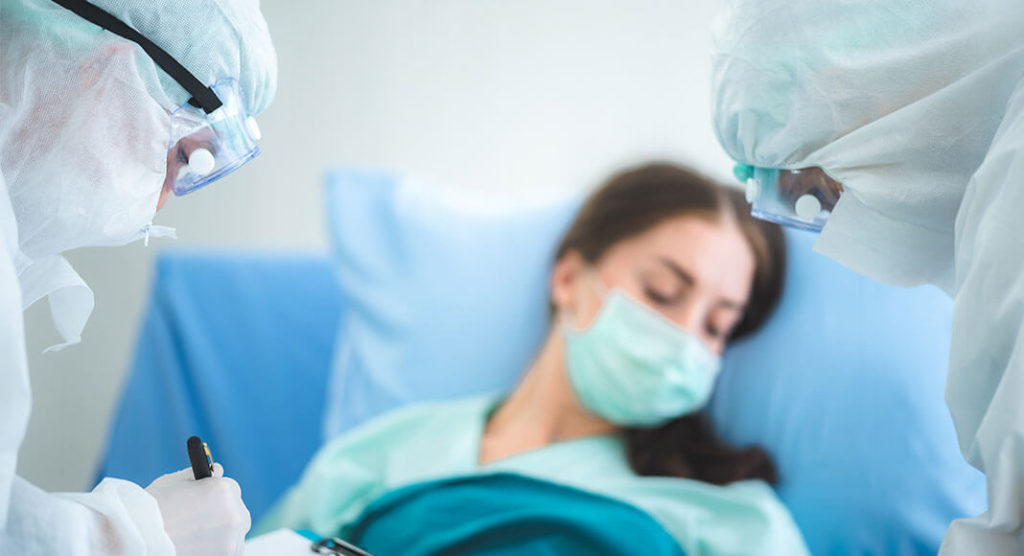
Mega Doctor News
By Fred Hutchinson Cancer Research Center
Newswise — SEATTLE — In an article in the New England Journal of Medicine, scientists from Fred Hutchinson Cancer Research Center, Johns Hopkins Bloomberg School of Medicine, the U.S. Military HIV Research Program and the Institute for Global Health and Infectious Diseases at the University of North Carolina urged increased attention to persistent COVID-19 infections in immunocompromised people.
“The medical community needs to develop more precise guidelines for monitoring, treating and preventing COVID-19 infections in immunosuppressed patients to reduce both the risk to these patients and the potential emergence of variants of concern,” said Dr. Larry Corey, virologist at Fred Hutch, leader of the COVID-19 Prevention Network and corresponding author of the article.
The authors highlighted the importance of immunizing immunosuppressed patients, and among those with an inadequate response to vaccines, considering the use of prophylactic monoclonal antibodies to prevent infection. They advised healthcare providers to carefully monitor immunosuppressed people with persistent COVID-19 infections by using sequential samples to detect prolonged COVID-19 infections and the potential emergence of novel variants of concern. The partial immune response observed in immunocompromised people creates the unique environment for immune selection of evolutionary variants and is cause for concern, they wrote.
“The virus can persist for weeks or months in immunocompromised individuals, leading to viruses that carry a constellation of mutations – they sometimes look like the variants of concern that are currently threatening to our control efforts,” said Dr. Morgane Rolland, a viral geneticist with the U.S. Military HIV Research Program at Walter Reed Army Institute of Research and senior author of the article.
Immunocompromised people should be informed about the potential for prolonged viral shedding if they’re infected with SARS-CoV-2 and the importance of self-isolation until they receive a negative test, the authors recommend. Prioritizing vaccination in these groups and among their households is critical, but access to highly effective COVID-19 vaccines must increase globally to meet this need.
The authors also called for more focused research in immunocompromised groups. Immunologic studies in subsets of people with weakened immune systems, like solid organ transplant recipients, could help healthcare providers prevent severe and prolonged COVID-19 in these groups. Understanding the antibody and T-cell responses in immunocompromised people could also give clues to why they can have a weakened antibody response to the virus’s spike protein.
“A very large number of patients have difficulty mounting a defense against COVID-19 and will benefit greatly from ongoing and focused efforts to develop more robust COVID-19 treatment and prevention strategies,” commented Dr. Myron Cohen, associate vice chancellor for Global Health and Medical Affairs at the University of North Carolina and co-author of the article.
Looking forward, the authors advocate for increased momentum in developing new COVID-19 vaccines and treatments. Efforts to develop next-generation vaccines that are more effective against variants, test antibody combinations that can prevent infection in immunosuppressed people and advance treatments that can stop viral replication, especially in these vulnerable populations, will be necessary to control the pandemic.









